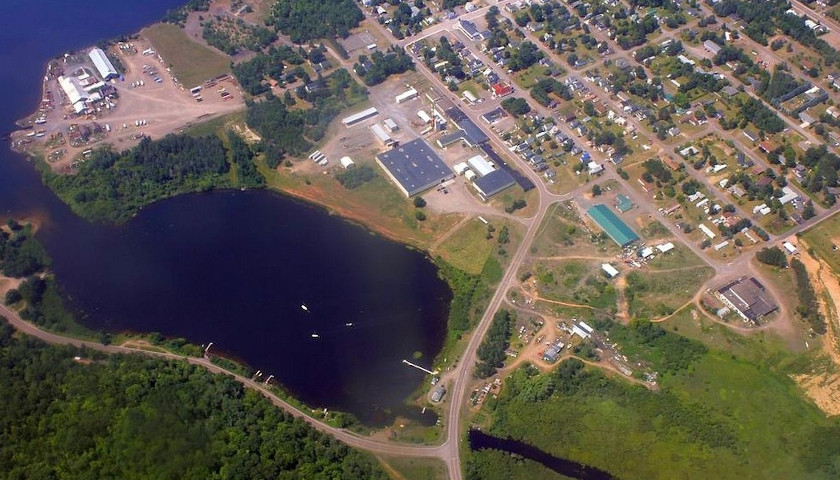A three-judge panel in the Michigan Court of Appeals struck down a lower court decision that required Osceola Township to approve an attempt from Nestle Waters North America to build infrastructure necessary to increase the amount of groundwater drawn from a wellhead near Evart, Michigan.
The overturn complicates Nestle’s plan to increase the amount of groundwater it sources from the area, which was approved by state environmental regulators in April 2018. There is also a pending appeal on the state decision.
Although the cases are separate — but not unrelated — Osceola officials said they never intended to block Nestle’s increase in water sourcing.
“This was never about trying to limit what they wanted to do as a company,” said Tim Ladd, Osceola Township supervisor, according to MLive. “It goes back to whether they can put that type of building on that property as it’s zoned.”
The water company needs a booster station to increase the water flow from the wellhead to a loading dock in Evart. The water would then be driven from the loading dock to a bottling plant in Stanwood. Nestle’s pipeline cannot handle the increased water flow without the booster station, effectively pausing its plan to increase its water sourcing, despite the state’s approval.
Although Nestle said it could load trucks at the wellhead, the township said it would be hindered by local road weight restrictions.
The company plans to increase waterflow from 250 gallons per minute to 400 gallons per minute, according to The Detroit News.
Nestle sued Osceola in 2017 after the planning and zoning appeals board denied the company’s request to build the booster station.
The township said the area on which Nestle wants to build needs to be rezoned before it can approve a permit. The area is currently a Spring Hill Camps property and zoned as agricultural.
The lawsuit has revolved around whether Nestle’s bottled water constitutes an “essential service,” which would allow it to be granted an exception for agricultural land use. Nestle claims the township was violating the state Safe Drinking Water Act and the Natural Resources and Environmental Protection Act by denying the zoning permit.
Mason County Circuit Court Judge Susan Sniegowski agreed that Nestle was considered essential in the December 2017 ruling, but state appellate judges Cynthia Stephens, Deborah Servitto and Amy Krause disagreed. They said that the lower court “erred” in its decision.
“The trial court erred in effectively concluding that because water is essential, the provision of water in any form, manner, or context is necessarily an ‘essential public service,’” they wrote.
The judges also argued that Nestle would be drawing groundwater faster than it would be naturally replenished.
“[Nestle] contends that the draw down will be modest, local, and not affect other wells’ ability to produce water,” the judges wrote. “Nevertheless, extracting the water and sending it to other places where it cannot return to the water table, and, critically, doing so faster than the aquifer can replenish, is an ‘irretrievable’ depletion unless the pumping is reduced or halted.”
Nestle said in a statement that it was “disappointed” with the ruling. The company has 42 days to file an appeal with the Michigan Supreme Court.
– – –
Jordyn Pair is a reporter with Battleground State News and The Michigan Star. Follow her on Twitter at @JordynPair. Email her at [email protected].
Photo “Osceola Township” by Osceola Township.





